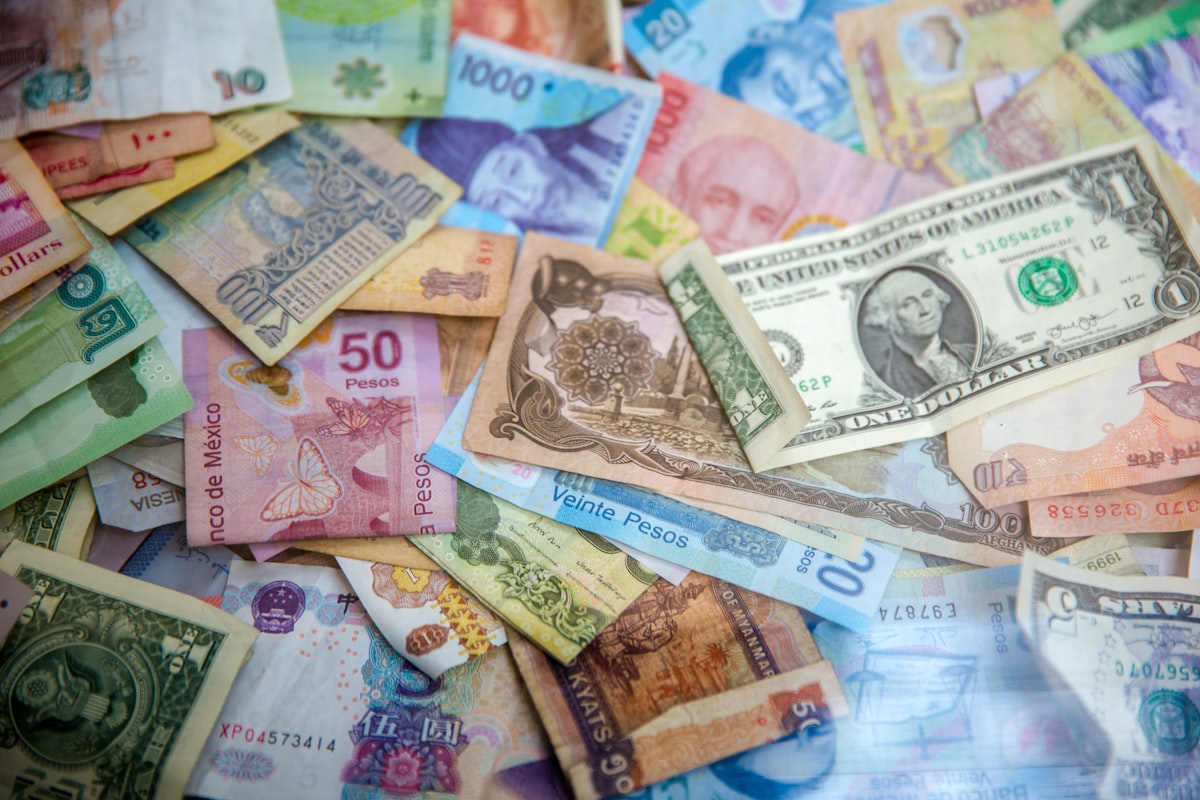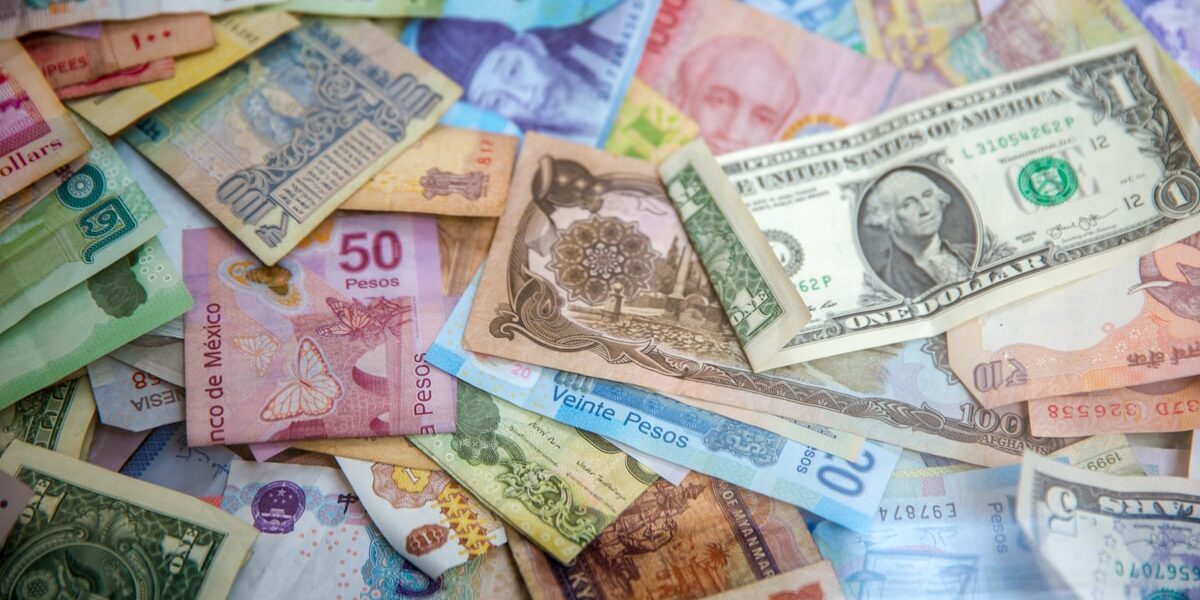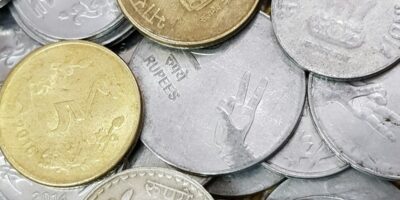Exploring Numismatics Near Me
Finding local numismatic resources has gotten complicated with all the shop closures, online alternatives, and varying expertise levels flying around. As someone who has built relationships with dealers and clubs across multiple cities, I learned everything there is to know about locating quality coin expertise in your area. Today, I will share it all with you.
Where to Start

Probably should have led with this section, honestly—your local coin shop remains the best first stop. These dealers see thousands of coins and can identify, authenticate, and value pieces on the spot. Google Maps shows most shops, but ANA and PNG dealer directories list vetted professionals.
Coin Shows
That’s what makes coin shows endearing to us collectors—dozens of dealers in one location, competitive pricing, and the chance to handle coins before buying. Check local event calendars or major show circuits for dates.
Coin Clubs
The American Numismatic Association maintains a directory of local clubs. These groups meet regularly, host educational programs, and connect you with experienced collectors. Membership is usually cheap and worth every penny for the knowledge access.
Online Resources
- Forums: CoinTalk, Collectors Universe for questions and community
- Grading services: PCGS and NGC dealer locators
- Price guides: PCGS CoinFacts, NGC Price Guide, Red Book
Museums
Local and national museums often display coin collections. The Smithsonian’s National Numismatic Collection is world-class, but regional museums frequently have surprising holdings. These visits provide context for your own collecting.
Building Relationships
The best numismatic resource is a trusted dealer who knows your interests. Visit regularly, ask questions, and be a good customer. Over time, they’ll alert you to pieces matching your collection goals.



